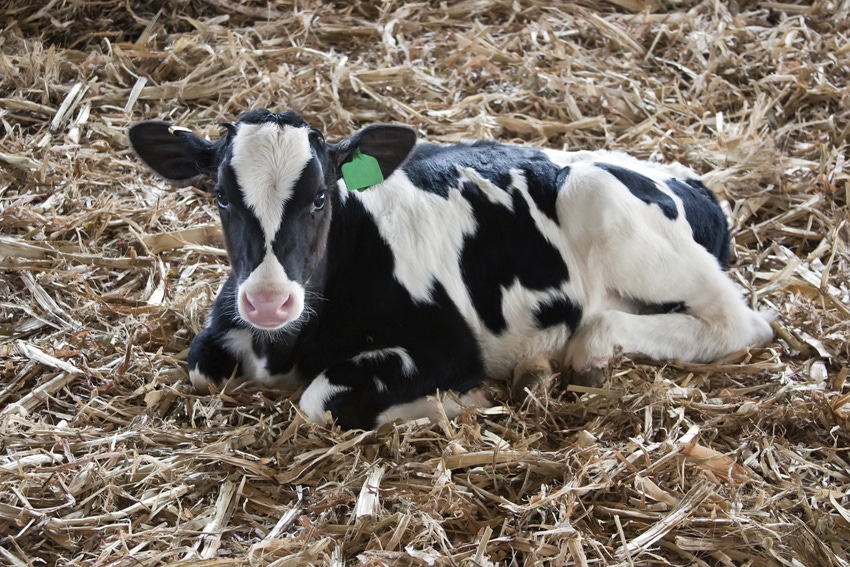Select Sires provides update on Early Onset Muscle Weakness Syndrome
Holstein Association USA has not declared this disorder as an officially recognized undesirable genetic condition.

Researchers at Penn State University have been collaborating with colleagues at USDA’s Agricultural Research Service to study a suspected genetic condition characterized by a calf's inability to stand or remain standing if assisted. This condition was previously referred to as calf recumbency. Holstein USA is now describing it as Early Onset Muscle Weakness Syndrome, abbreviated MW.
Holstein Association USA has not declared this disorder as an officially recognized undesirable genetic condition and is referring to it as a “genetic condition under investigation.” More information can be found here.
“At this time, you will not see an indication of carriers or non-carriers in the sire directory or websites. Once the industry has a plan to display this information, we will share that with you,” Select Sires stated. “As a member cooperative we want to be transparent with our farmer-owners and provide what information we have with you, so that you can make the best decisions for your herd. We are aggressively testing all sires.”
Genetic conditions of economic loss are not new to the dairy industry. Public testing is readily available.
“If you are concerned about potential matings, testing your herd's most valuable females for this condition will help ease your mind,” the company said. “If females are not tested, making strategic decisions about all matings based on known sire stacked pedigrees will provide another level of safeguards and your Select Sires representative can help you with this.”
In the near future, Select Sires said staff will begin work to include carrier/non-carrier information within the Select Mating Service SMS program to assist its farmer-owners in avoiding matings that may result in a calf affected with recumbency. “As a federation, we stand prepared to assist you through this situation. Our goal remains to provide you with genetic advice to meet your breeding goals and to maximize herd improvement.”
The most current test results on sires, which will be regularly updated, can be found here.
About the Author(s)
You May Also Like





